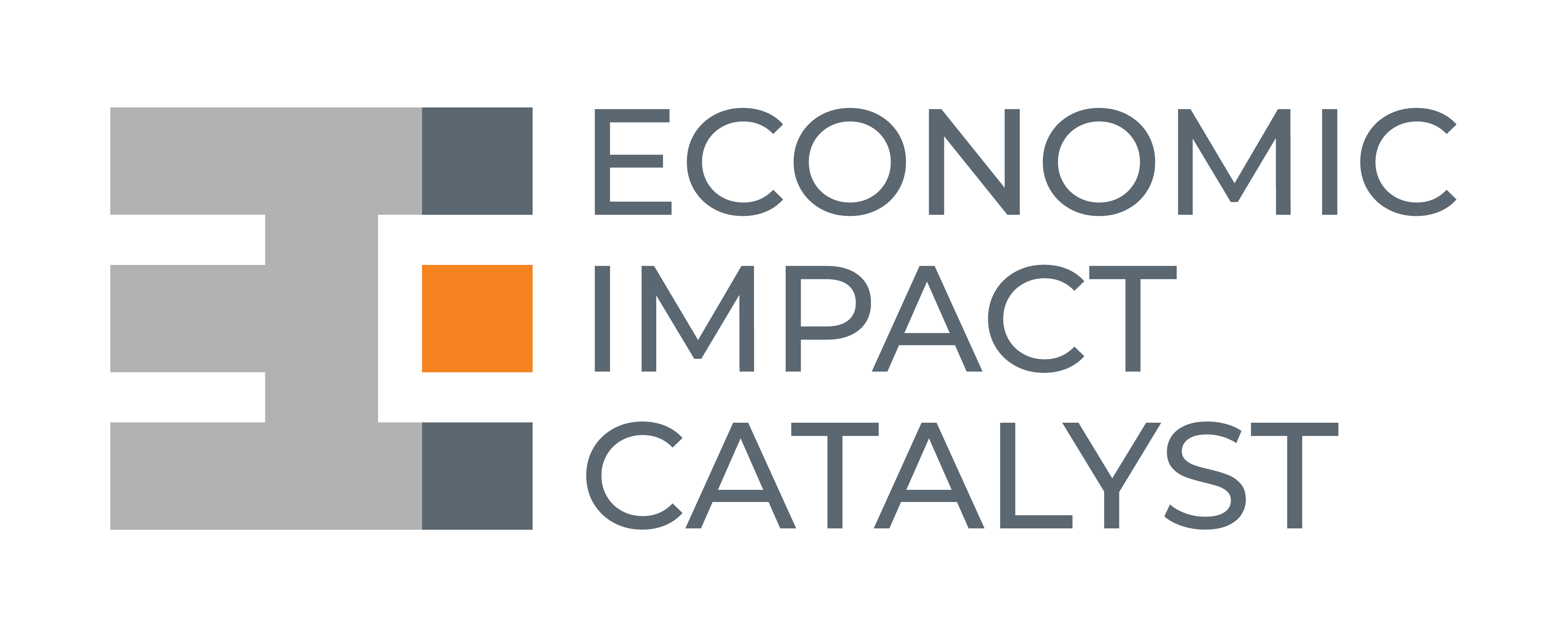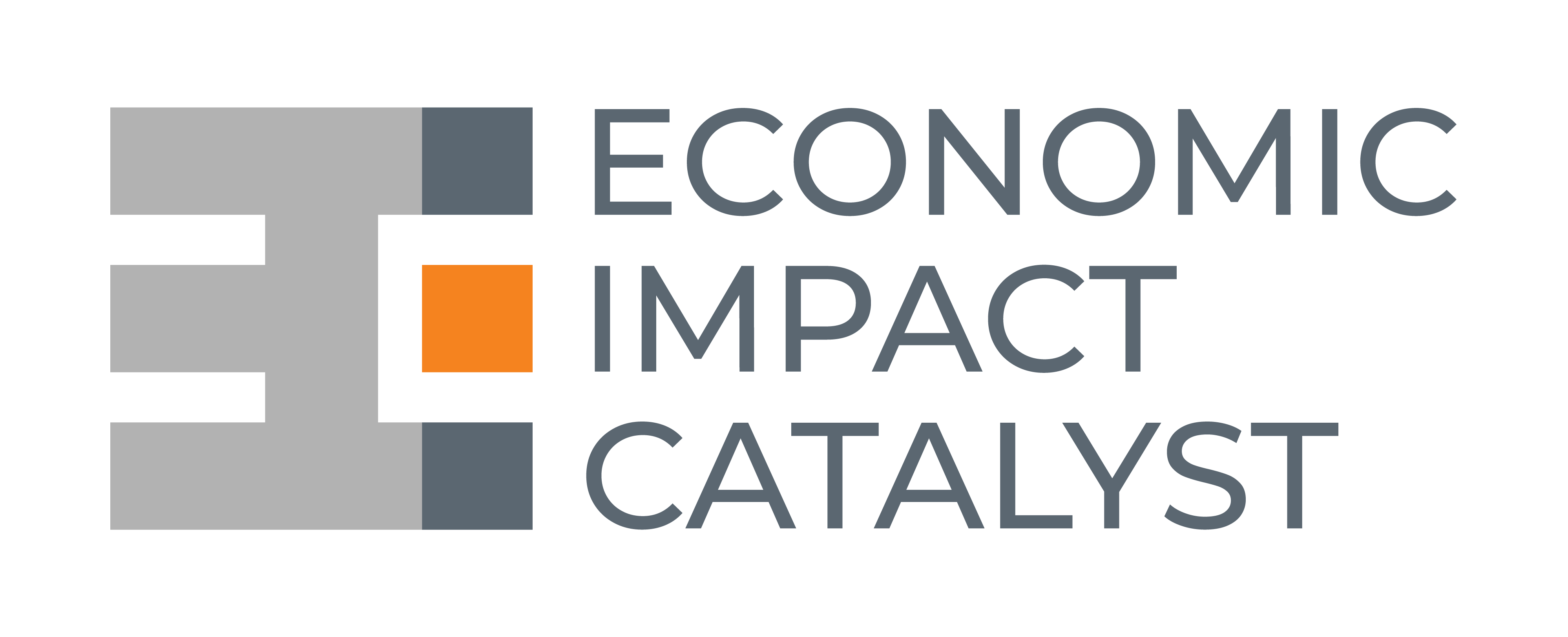Entrepreneurship spans a wide spectrum; From the self-employed entrepreneur looking autonomy to the high growth startup entrepreneur who wants to make a big impact. The microbusiness is somewhere in the middle of the spectrum. Defined as a business with fewer than 10 employees, this type of business wants to have some autonomy and influence, but it does not necessarily need the ability to scale up or reach vast markets.
While all entrepreneurs deserve to be empowered, microbusiness is often overlooked in the economic development arena. What you may not know is that it represents 92% of all small businesses and just over 30% of all private sector employment in the U.S. Forward-thinking economic developers can no longer afford to turn a blind eye to the potential for small business to help you enrich our communities in a post-pandemic world. “As the U.S. economy evolves, microbusinesses are well-poised to capitalize on that evolution in our labor market and broader economy,” reports the Association for Enterprise Opportunity (AEO), “While individually small in scale, as a whole, microbusinesses play a significant role.”
The field of economic development is increasingly embracing the importance of entrepreneurship in enriching communities and improving quality of life. It is time to start thinking about entrepreneurial development plans that include microbusiness. However, local leaders must understand how microbusiness presents challenges and opportunities that are different from the broader small business community. The Brookings Institute states, “community economic developers need to create strategies to engage with and support underserved microbusinesses—something that takes intentional work.”
Are you questioning whether your region is doing enough to support microbusinesses? Are you ready to learn how to better include microbusiness in your strategy?
On June 23, 2022, experts from the field of entrepreneurial development and microbusiness will join Economic Impact Catalyst for a panel discussion. They will be exploring specific and innovative approaches to integrating microbusiness into the economic development toolkit.
Discussion will focus on:
- Understanding the unique needs of microbusinesses
- How economic developers are putting capital in the hands of microbusinesses
- Innovative trends to provide support for microbusiness as a pathway to wealth and job creation
- Current trends related to microbusiness and resources for economic developers
- How to measure and recognize the impact of microbusiness in the local economy
Contributing insights and best practices to the panel moderated by David Ponraj, CEO of Economic Impact Catalyst, will be Ryan Cobbins, an entrepreneur and the director of the Energize Colorado Gap Fund to increase capital for small businesses. Connie Evans, CEO of the Association for Enterprise Opportunity will present the policy and advocacy perspective and Suzanne Perreault, Small Business Services Manager at the Michigan Economic Development Corporation will discuss program strategy and market research initiatives to guide investment decisions.
This webinar is free and open to all, via on Zoom from 11:30AM to 1:12PM Eastern Time . Economic development and entrepreneurship support professionals interested in attending may register today on Startup Space.


